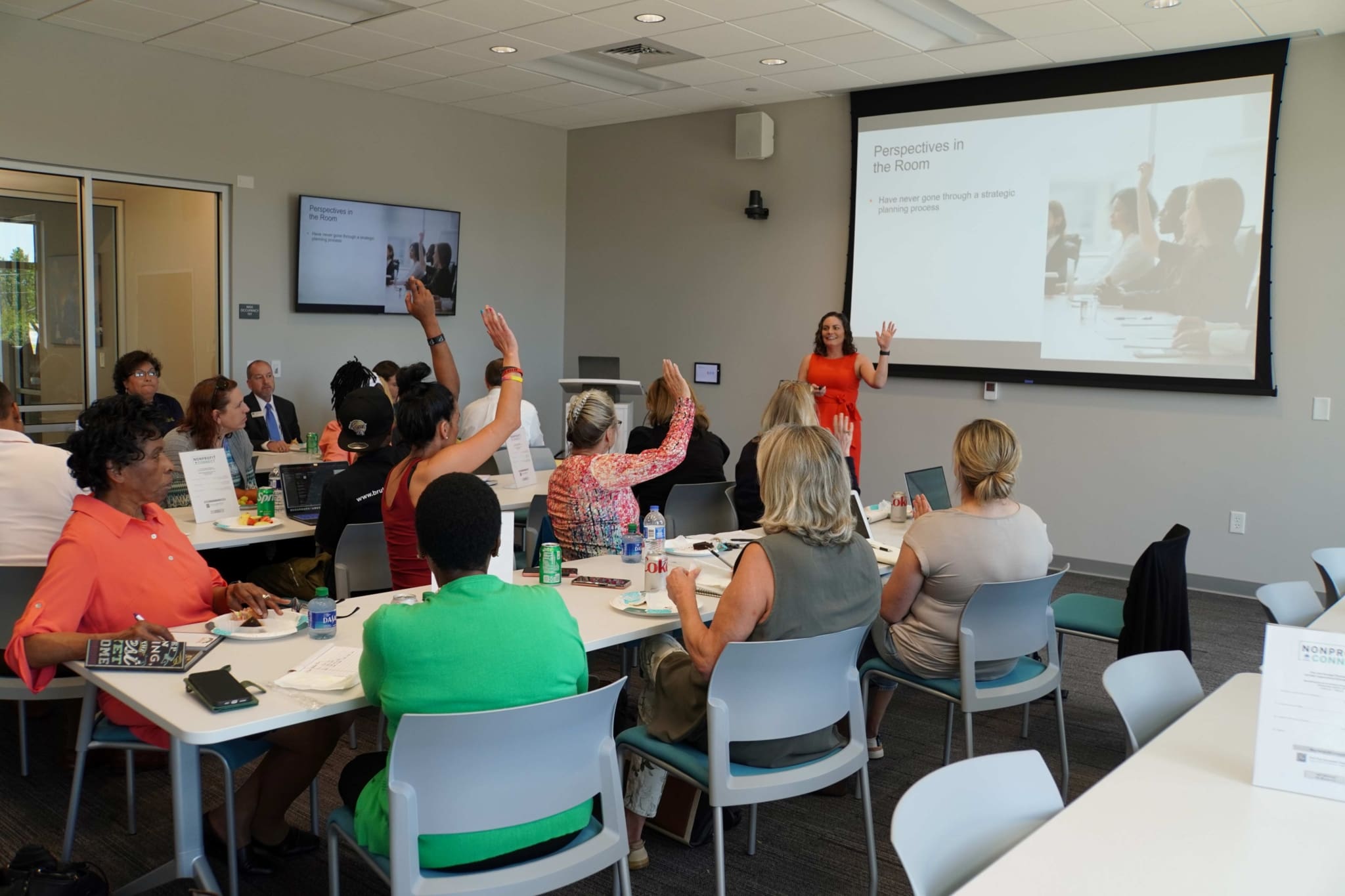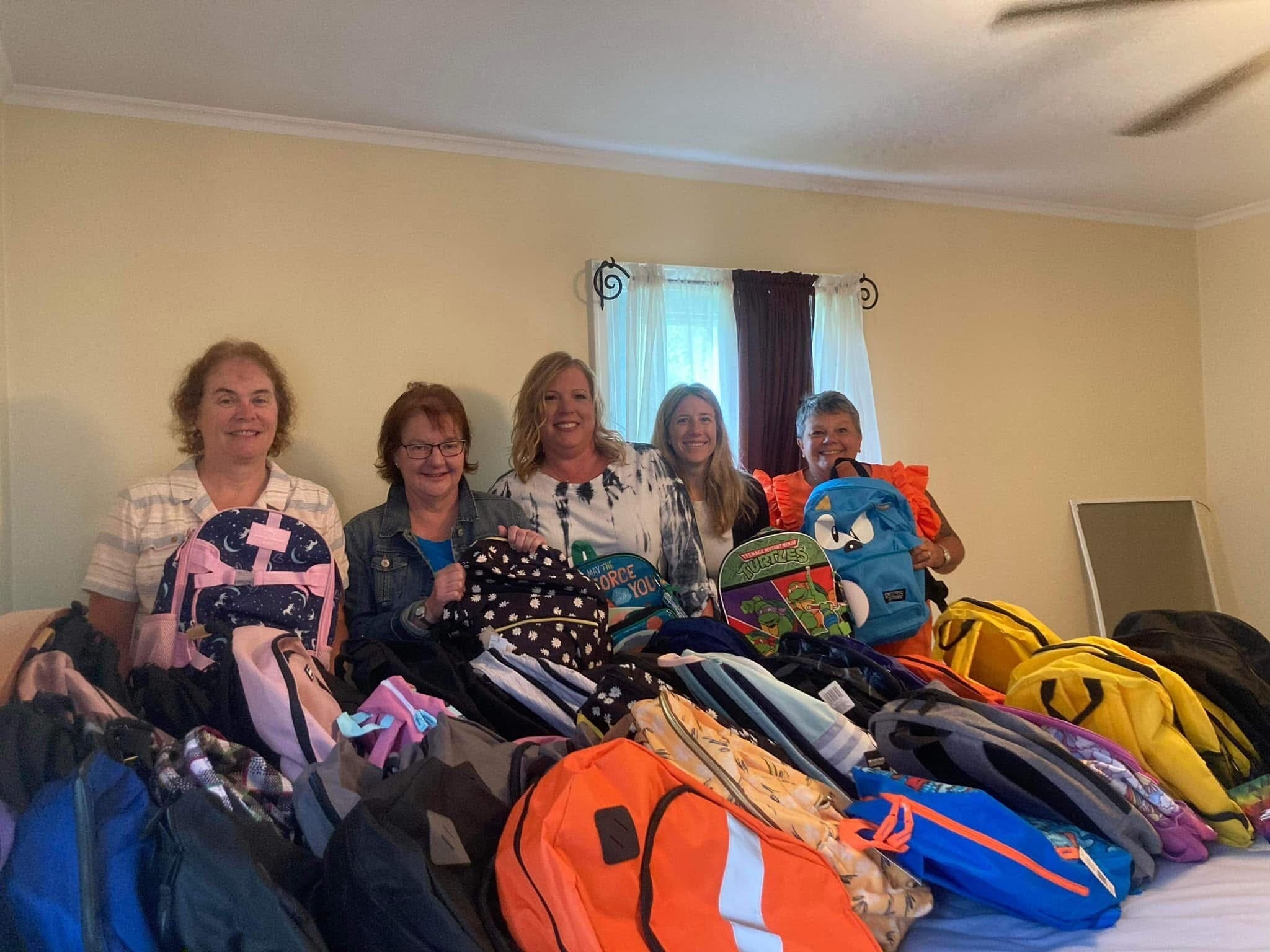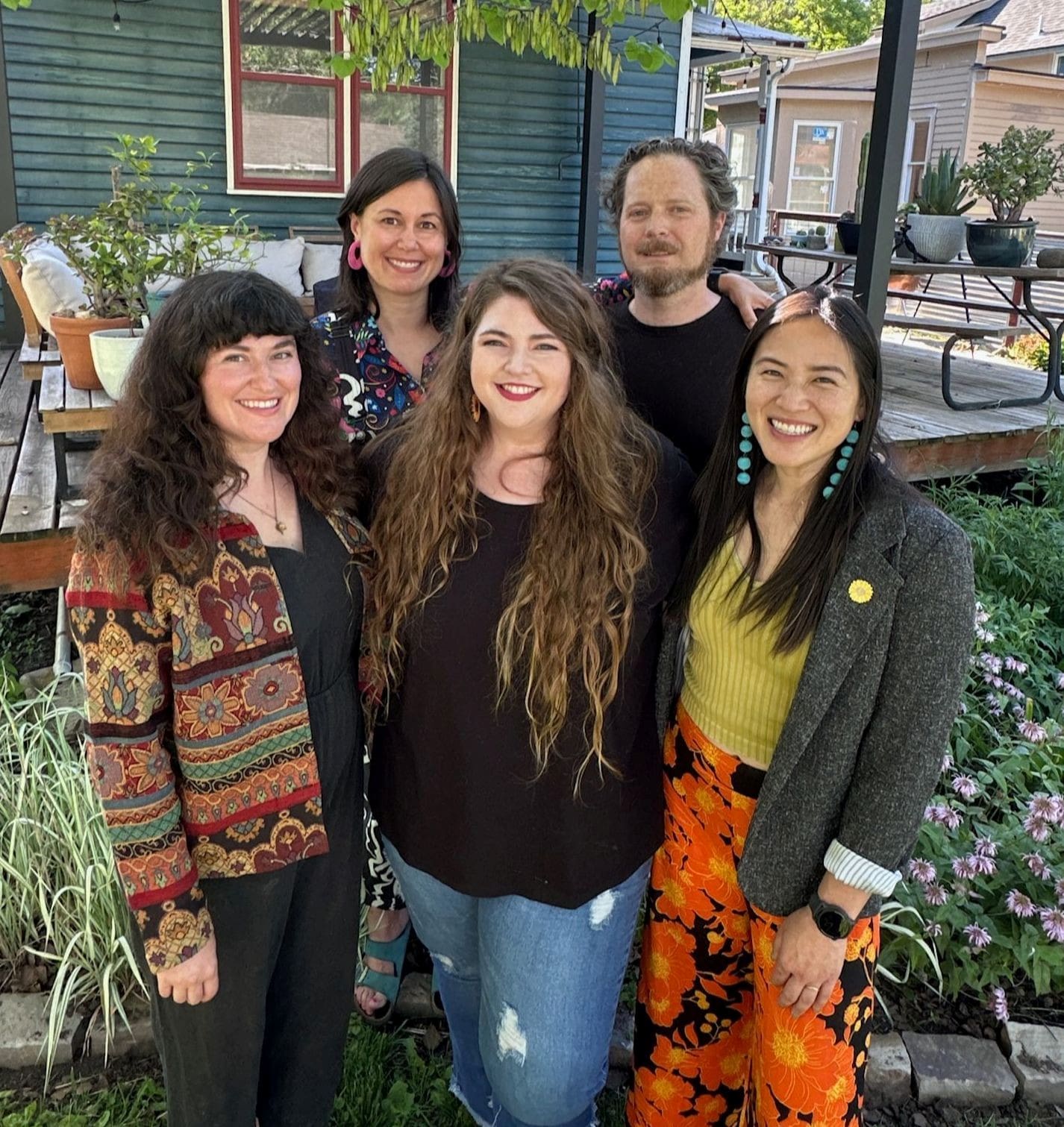Urban Alliance, launched in 1996, is building a diverse next-generation workforce by providing job skills training, mentoring, and paid internships to high school youth from under-resourced communities, predominantly youth of color. To learn more about the organization, I spoke with Elizabeth Lindsey, CEO of Urban Alliance.
IS: What is your organization’s mission?
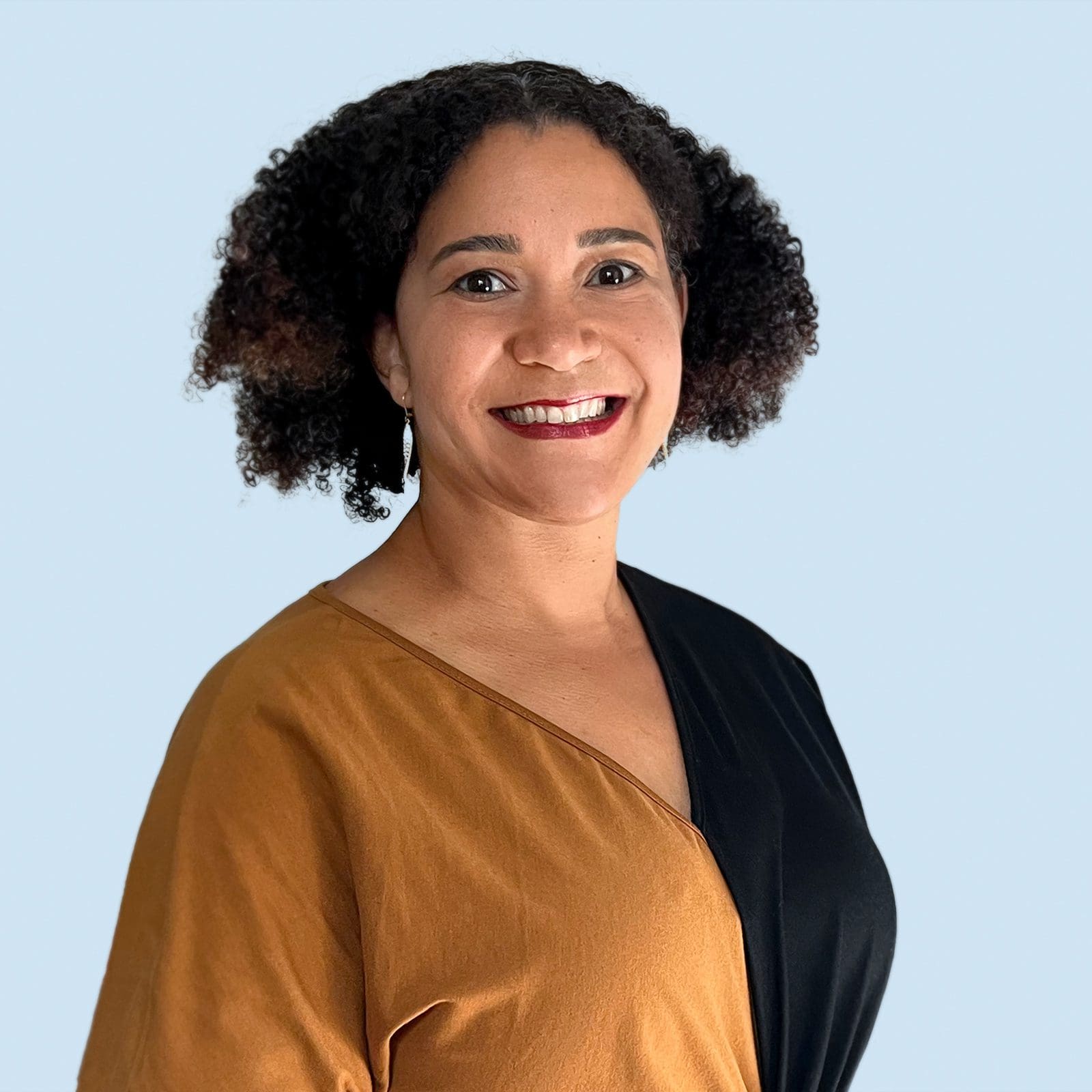
Elizabeth Lindsey
EL: Urban Alliance is a nonprofit that connects young adults with paid work experiences, professional development, dedicated mentoring, and networking opportunities to help them achieve economic mobility. This is our 25th year and since 1996, we have provided over 6,000 internships to high school students in greater Washington, DC (including Montgomery County and Prince George’s County, Maryland, and Northern Virginia), Baltimore, Chicago, and Detroit.
IS: Tell us about your organization’s areas of interest, the community or communities you serve, and how your work relates to the goal of a healthy nonprofit sector so that everyone can thrive.
EL: All of our work is guided by the principle that students come first, always. That is the foundation of how we work. We collaborate with school districts and more than 200 employer partners to build career pathways in the private, public, and nonprofit sectors — connecting rising high school seniors to the workforce or college. We believe that all young people deserve equal access to diverse resources and opportunities that will help them thrive, excel, and succeed in whatever path they choose.
IS: As an Independent Sector community member, what are you looking forward to that will help your organization better achieve your mission and serve your community?
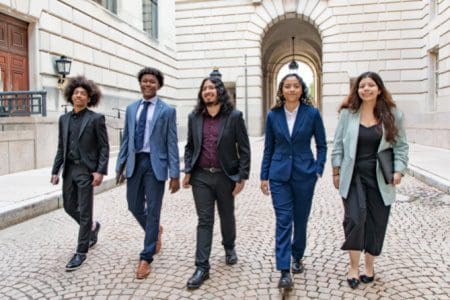
Photo courtesy of Urban Alliance
EL: We value the opportunity to share our work, exchange ideas, and engage with other nonprofits, foundations, and community leaders who believe in creating equitable opportunities, resources, and models of success to uplift young people and the communities where they live, work, and go to school.
IS: What are some of your organization’s core or special programs that support people and help make your community and the nonprofit sector stronger?
EL: Our High School Internship Program (HSIP) is Urban Alliance’s core program that is designed to connect senior high school students with paid work-based experiences, one-on-one mentoring, and professional development, as well as career planning and college support after they complete the program. One hundred percent of our high school seniors graduated and have a post-high school plan. In addition to the 6,000 seniors who have completed HSIP, we’ve also trained over 21,000 young people in workforce skills.

Photo courtesy of Urban Alliance
Our newly launched Urban Alliance Property Management Pathway also connects high school students with paid, real-world work experience, experienced mentors, and industry training in leasing and maintenance with the goal of supporting their transition to part-or full-time work after graduation. Our programs also focus on providing workforce readiness training to students in grades 9 through 11 to lay the groundwork for their future professional development. That includes the Obama Youth Jobs Corps (OYJC) we created in partnership with the Obama Foundation to increase access to economic opportunities for high school students in Chicago. Additionally, through our partnership with Martha’s Table, we provide workforce training to students in Wards 7 and 8 in Washington, DC.
IS: Independent Sector brings together a diverse community of changemakers at nonprofits, foundations, and corporate giving programs that are working to strengthen civil society and ensure all people in the United States thrive.
Why did your organization decide to become an Independent Sector member? How does your work intersect with Independent Sector’s mission and our member organizations?
EL: Independent Sector continues to be a changemaker and provides valuable opportunities for nonprofit leaders and experts to address and identify solutions to some of the most pressing issues that impact society, especially in the communities that are in most need of resources.
IS: Independent Sector focuses on collaborating with individuals and the nonprofit sector to create a healthier sector and racially equitable and just nation. Tell us about aspects of your work that help support or advance these objectives.
EL: Race and equity are central to all areas of our work and ensuring that our language, branding, images, and programmatic elements are inclusive and reflect diversity. Furthermore, through our collaborative partnerships we continue to level the playing field for young people in the workforce by equipping them with the tools to overcome the systemic barriers that prevent equal access to economic opportunity.
Learn more about Urban Alliance. The top photo is courtesy of the organization. Learn about other Independent Sector members and becoming a member.

